What are the classifications of corundum bricks?
As a high-performance refractory material, corundum bricks are widely used in industrial fields. This article will introduce the two main categories of corundum bricks: fused corundum bricks and sintered corundum bricks, and discuss their application scope, characteristics, and production processes.
Introduction to fused corundum bricks
The production process of fused corundum brick
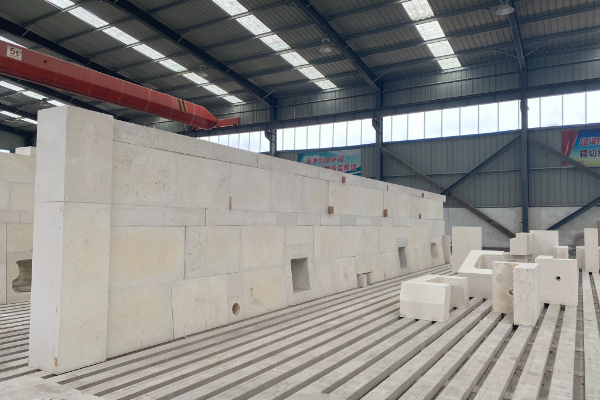
Fused corundum bricks are refractory products made from alumina powder through a high-temperature electric fusion process. In the preparation process, the alumina ore is first crushed and ground, then subjected to high-temperature electric fusion in an electric arc furnace, and finally solidified by cooling to form a hard corundum brick.
Characteristics of fused corundum brick
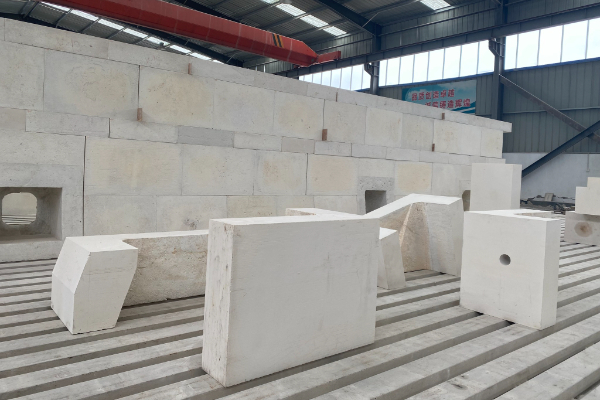
Due to their high density, mataas na lakas ng compressive, high-temperature resistance, paglaban sa kaagnasan, and other characteristics, fused corundum bricks are widely used in the lining and insulation layer of high-temperature industrial equipment such as electrolytic aluminum tanks and glass furnaces.
Introduction to sintered corundum bricks
Production process of sintered corundum bricks
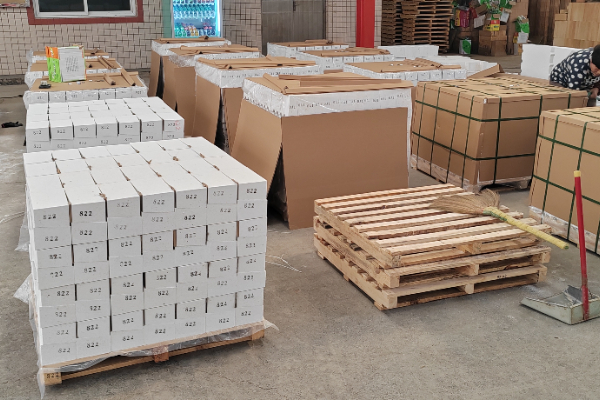
Sintered corundum brick is a refractory product made of alumina powder sintered in a high-temperature environment. During the preparation process, the alumina powder is molded or extruded, and then placed in a high-temperature baking oven for sintering, so that the particles are combined to form a solid brick.
Characteristics of sintered corundum brick
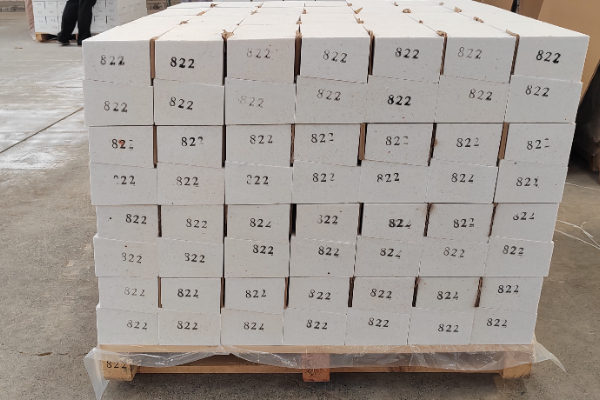
Sintered corundum bricks are widely used in industrial fields such as high-temperature furnaces, steel smelting furnaces, and cement kilns due to their excellent thermal shock stability, wear resistance, and impact resistance.
Application scope of corundum refractory brick
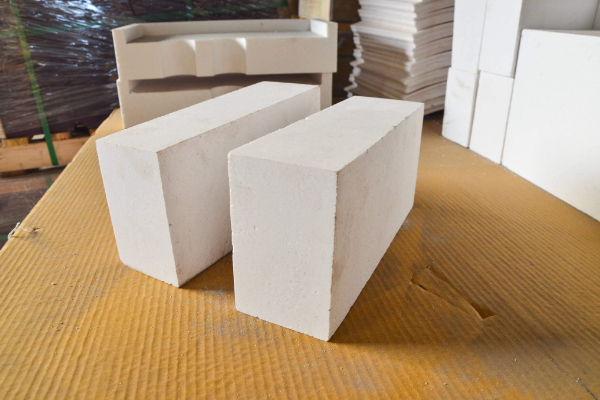
Corundum brick is widely used in many industrial fields due to its fire resistance, high-temperature resistance, paglaban sa kaagnasan, and other properties:
- Metallurgical industry: used in the lining and heat insulation layer of blast furnaces, electric furnaces, converters, ladles, and other smelting equipment.
- Industriya ng salamin: As the lining of glass furnaces, its high-temperature resistance and corrosion resistance are fully utilized.
- Cement industry: In high-temperature areas such as cement kiln linings, it can effectively withstand high temperatures and chemical corrosion.
- Ceramic industry: It has good wear resistance on the inner wall, insulation layer, and other parts of ceramic kilns.
 Rongsheng Refractories Pabrika
Rongsheng Refractories Pabrika
WeChat
Scan ang QR Code sa wechat